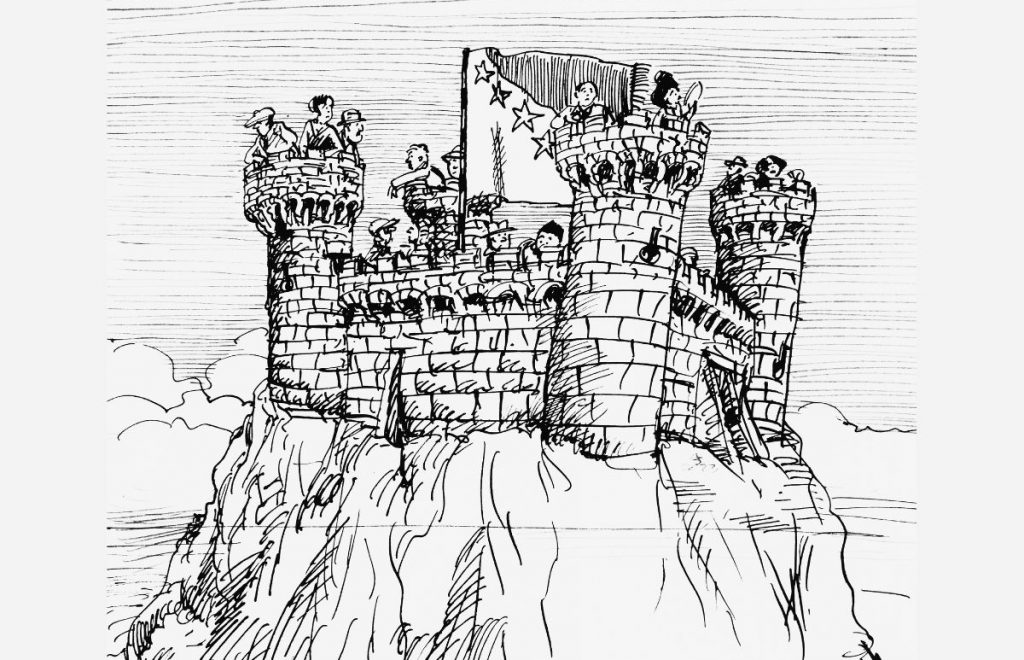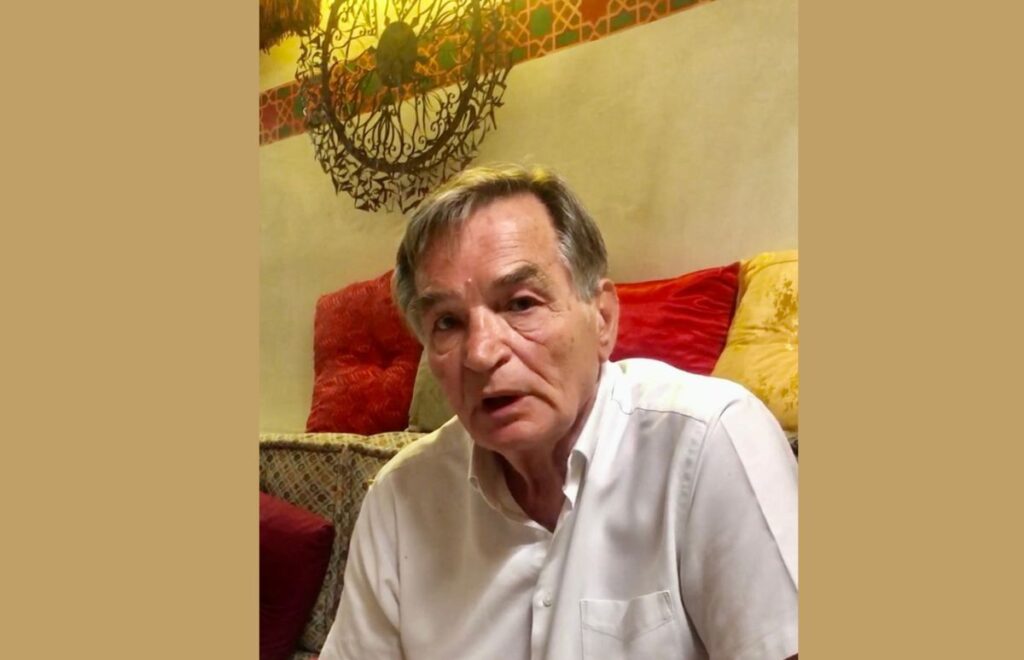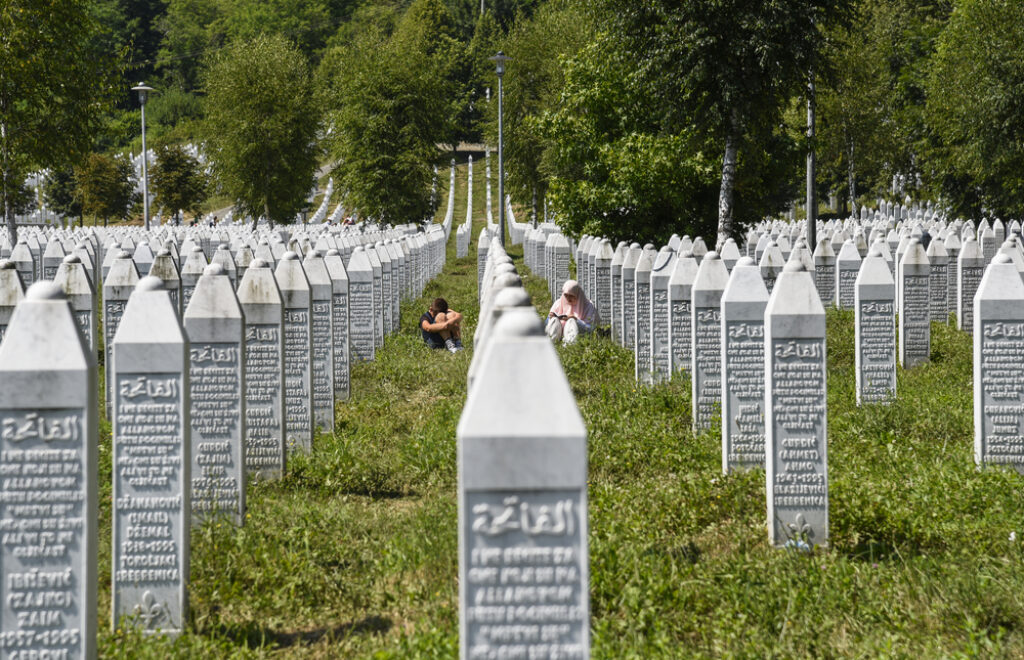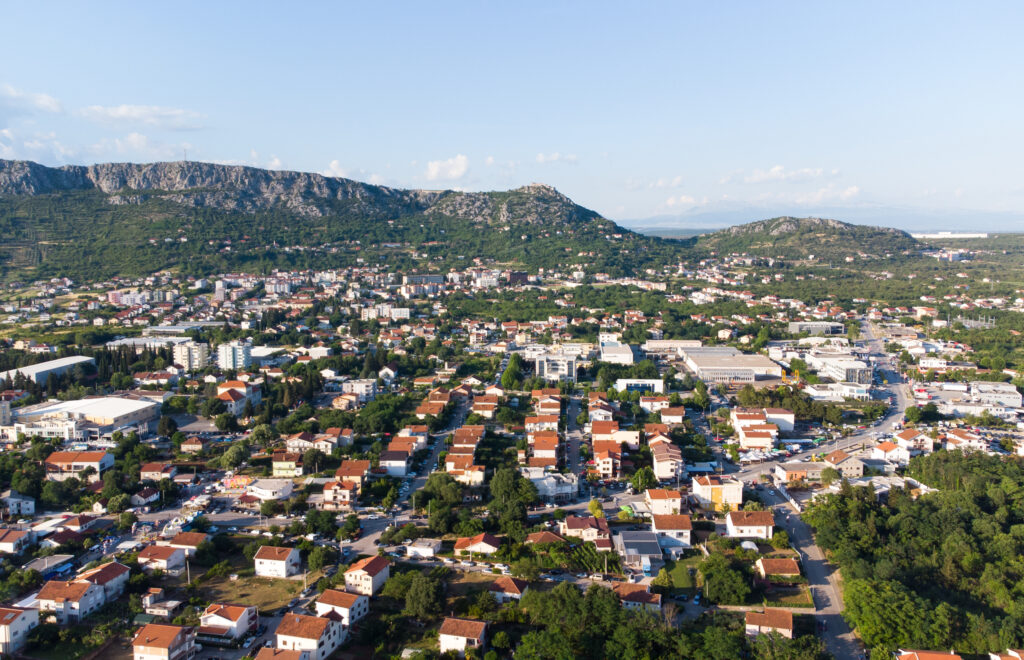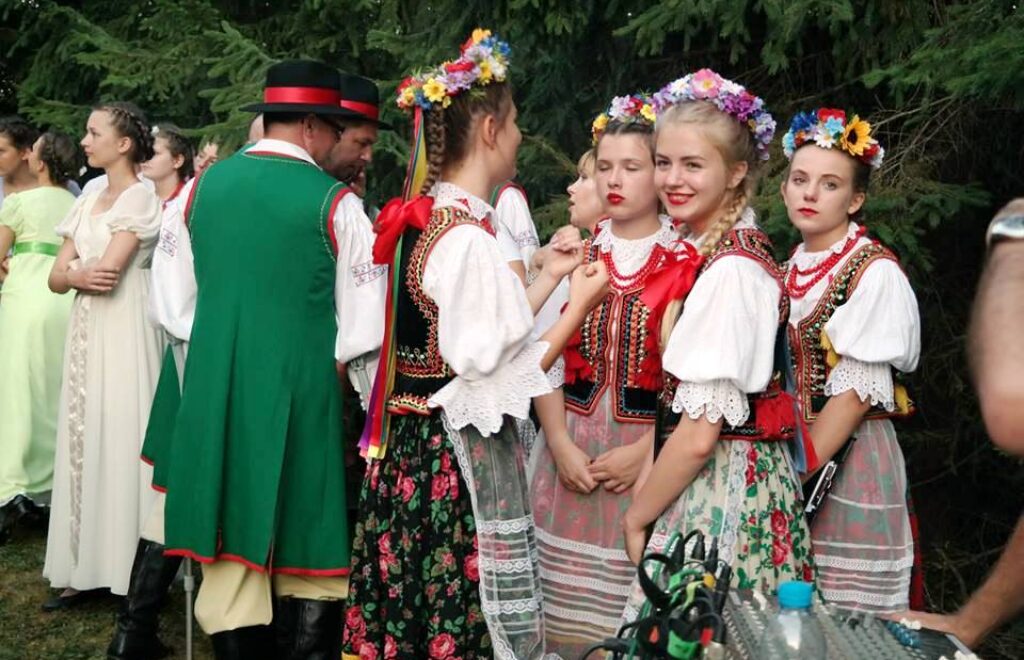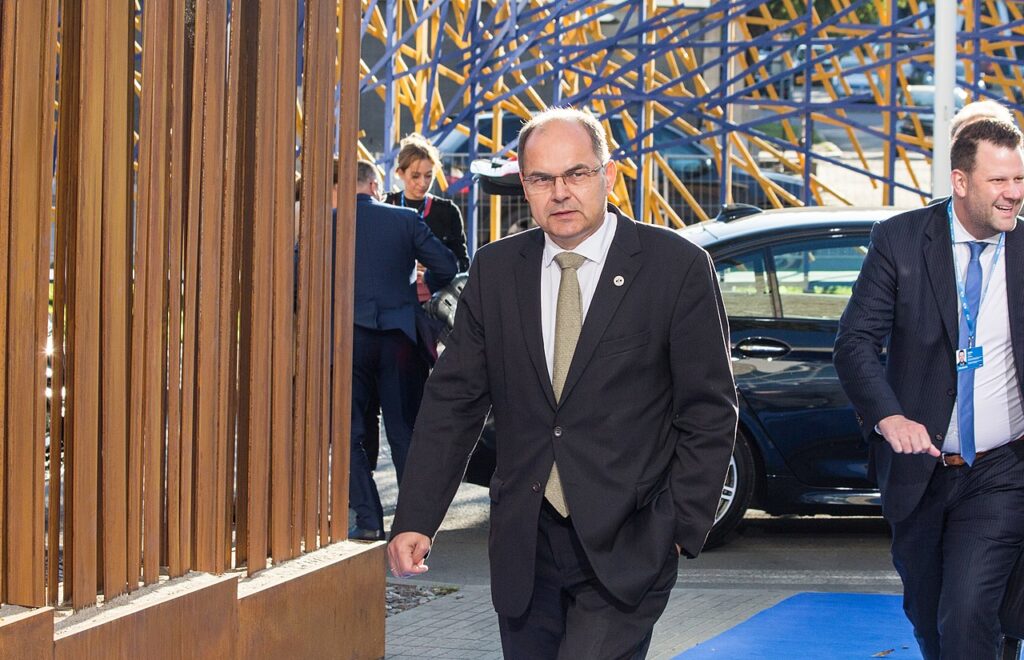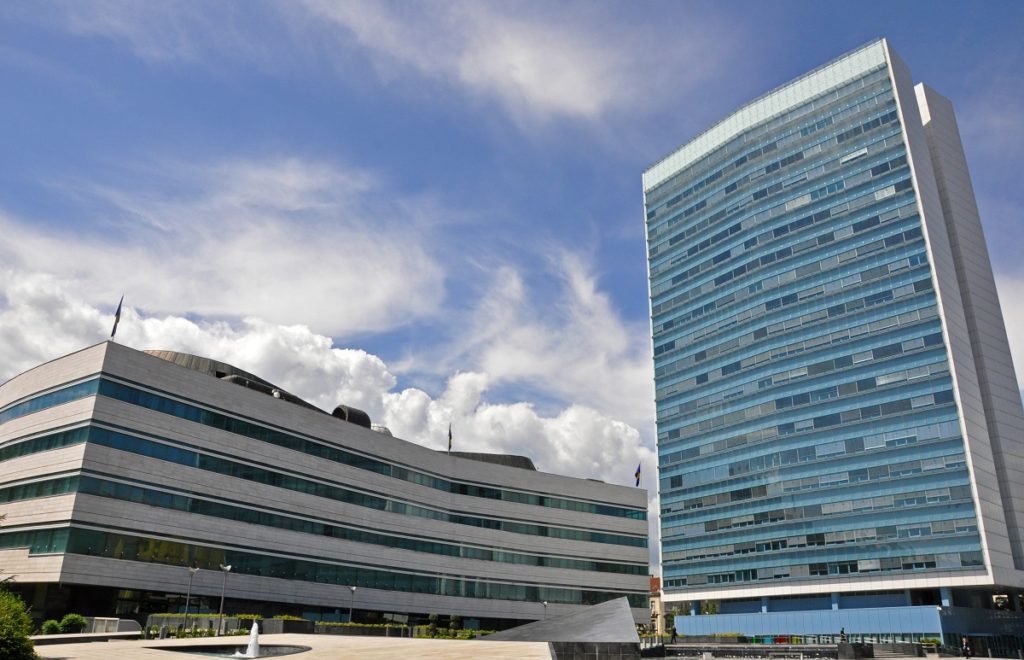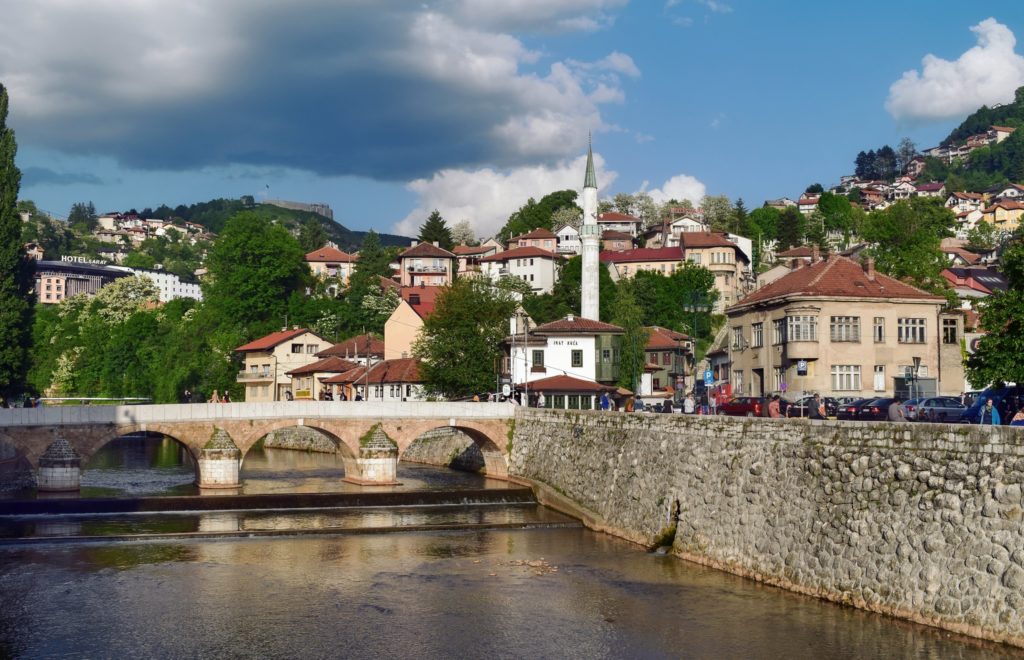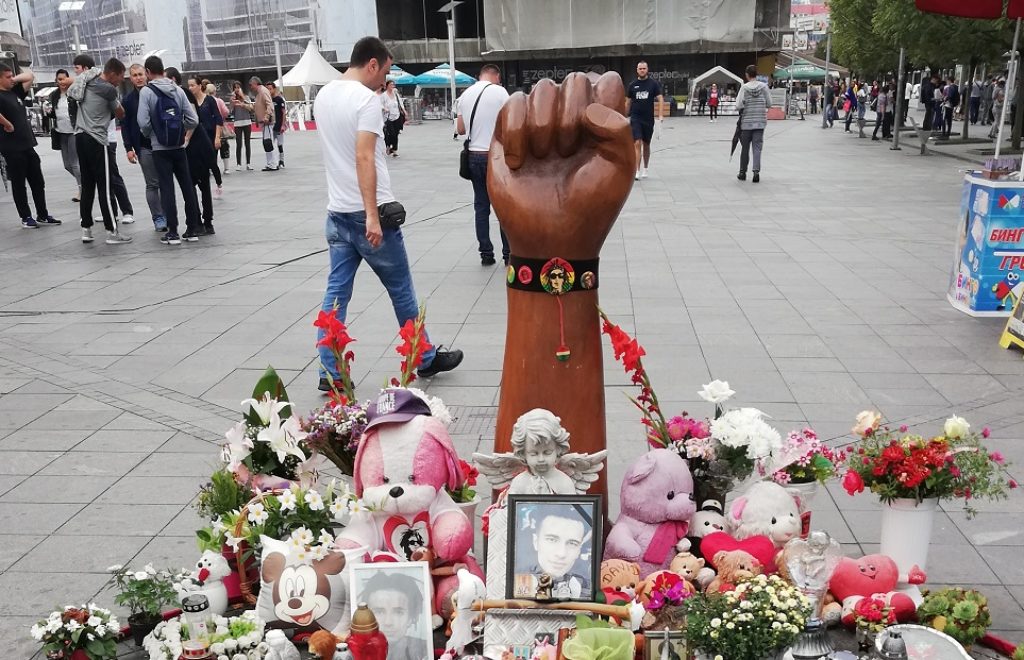In 2018 civic resistance in Bosnia and Herzegovina acquired a new symbol – the raised fist of Davor Dragičević who, in quiet desperation, demanded justice for his dead son, David. The situation triggered a significant public outrage and the politicisation of David’s death. Since March 2018, mass protests were organised demanding justice. By the end of the year, the authorities started to violently block them and, eventually, banned any further gatherings.
As Thomas Jefferson once said: “When injustice becomes law, resistance becomes duty”. Even in “stabilocracies” like Bosnia and Herzegovina or Serbia, whenever any form of government becomes destructive, it is the right of the people to alter or to abolish it. It was visible in 2014 when first the workers and later regular citizens paralyzed a number of Bosnian cities during events titled the “Bosnian spring”. Yet despite few governmental alterations, nothing has really changed – Bosnia and Herzegovina remains a captured state that protects its elites while citizens’ rights and control over the authorities are limited.
August 26, 2019 -
Aleksandra Zdeb



